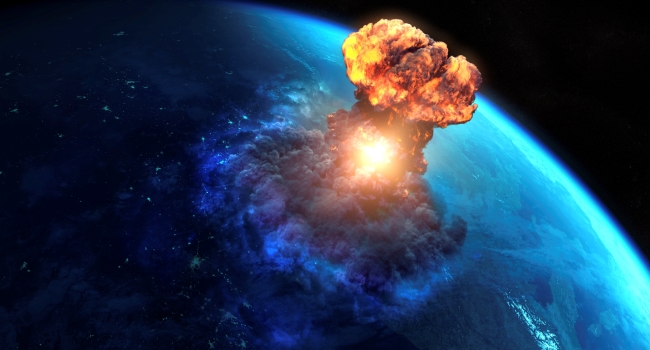How Many People Have Died in Wars in Human History?

Conflicts and wars between cultures have been a fact of human history and continue to exist today. These wars take place for many reasons such as greed for growth, demand for goods and wealth, oppression, desire for hegemony, chaos and conflict. Throughout history, those who are few in number have used powerful weapons to destroy those who are outnumbered. These weapons evolved as more powerful tools such as sticks, spears, swords, arrows, cannons, rifles, and finally the nuclear bomb. A nuclear bomb is 10,000 times hotter than even the sun and has a mass destruction power. Humanity has worked towards the goals of destroying and controlling by using this power.

Wars are the most painful and bloody events in human history. Millions of people lost their lives, were injured, maimed, migrated, starved and suffered from disease in wars. So how many people have died in wars throughout history? There is no definitive answer to this question. Because the number of people who died in wars was not always recorded exactly, sometimes exaggerated, sometimes hidden. In addition, those who died in wars were not only soldiers, but also civilians. Epidemics, famines and atrocities caused by wars also accounted for a significant part of civilian deaths.
Researchers and historians have tried to estimate the number of people who died in wars in history. Although the sources and methods used in these estimates vary, the figures that emerge show how much of a price humanity has paid. According to estimates of the number of deaths in wars throughout history: There have been over 15,500 regional or national wars in the world in 5,600 years, and 3,700 million people have died.
What Could Be the Bad Ending?
More people are needed to gain more power. For these needs, more food and beverage production is required. The power of humans to invent and the energy to discover new methods have made humanity stronger. Humanity has grown rapidly in the past and present of history, increasing its population from 2 billion in the 1900s to 3 billion in 30 years and 4 billion in the next 15 years to 7.5 billion. This process was caused by the fact that existing cultures competed with each other and the desire to obtain more power. This rivalry created a feud between all cultures, and each worked harder.
Today, the Federation of American Scientists estimates that as of 2012 there are a total of 17,000 nuclear warheads in the world, 4,300 of which are ready for use. These missiles have the power to destroy not only enemy culture but also life on earth 20 times over.

However, this power depends only on the human will, and its consequences will also affect humanity. While this power can bring about the end of the world, it will also be able to create new horizons.



